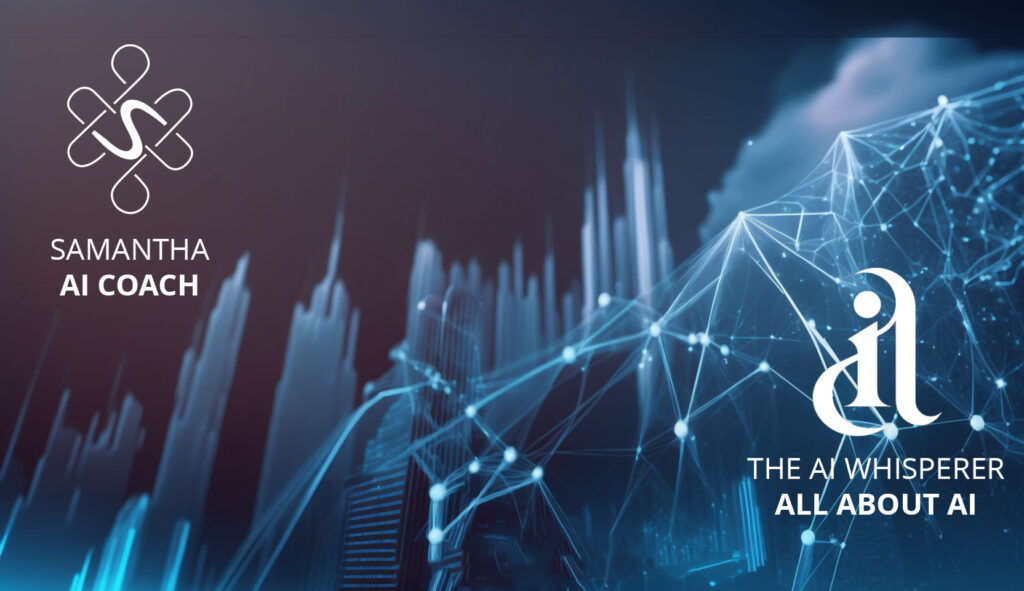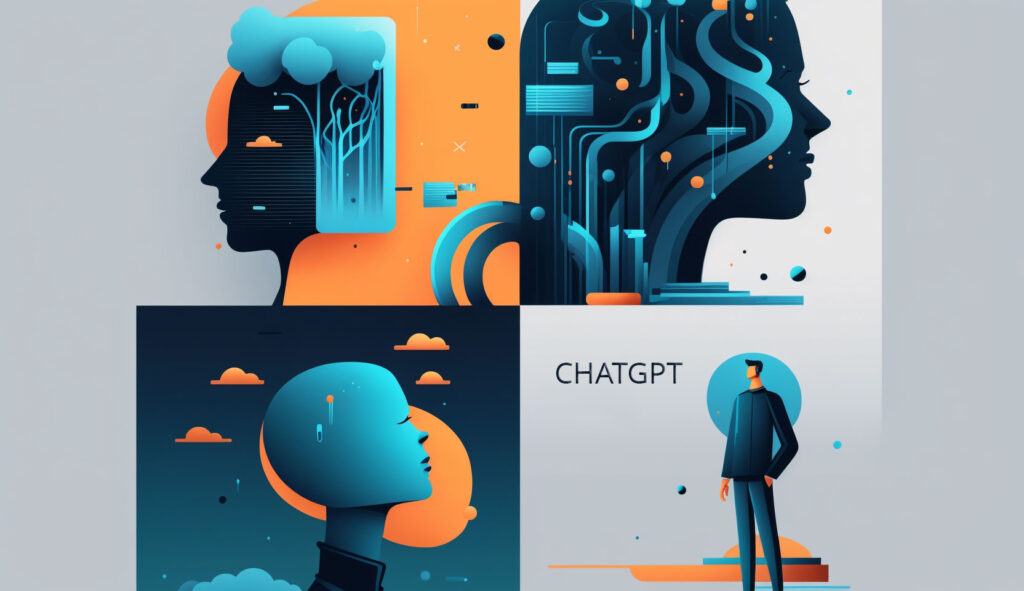In recent years, the field of deep learning has witnessed remarkable advancements. From lifelike image generation to conversational language models, the potential of deep neural network models is awe-inspiring. However, as we continue to explore the extensive use of these models, caution is essential. Responsible AI development and privacy protection must go hand in hand to mitigate risks and ensure ethical practices.
At the forefront of responsible AI development, the concept of machine unlearning has emerged. It involves removing the influence of specific training examples from a pre-trained model. This process allows us to effectively „forget“ biased, outdated, or privacy-sensitive information while maintaining the overall performance of the model.
Applications of machine unlearning
Machine unlearning has diverse applications. One crucial aspect is privacy protection and data elimination. By selectively removing data from trained models, we can safeguard individuals‘ privacy and prevent the propagation of unjust biases. Additionally, it can be used to eliminate inaccurate or outdated information, rectify unfair biases, and adapt models to changes in the environment. The field of machine unlearning is closely related to differential privacy, life-long learning, and fairness, providing a comprehensive approach to building accurate and ethical AI systems.
Challenges
Striking the right balance between forgetting targeted examples and maintaining the model’s utility is crucial. Conflicting objectives, such as accuracy, efficiency, and generalization, require careful consideration. Ongoing research aims to find optimal trade-offs and develop effective unlearning algorithms.
To drive progress, a collaborative effort between diverse researchers from academia and industry has led to the organization of the inaugural Machine Unlearning Challenge. This competition aims to simulate realistic scenarios where specific training examples must be forgotten to protect privacy or individual rights. The challenge focuses on the quality of forgetting, model utility, and generalization. By providing standardized evaluation metrics, the competition enables fair comparisons between different unlearning algorithms, fostering innovation and advancing the field.
Driving Progress and Exploring Opportunities
The Machine Unlearning Challenge encourages participants to think innovatively and develop creative solutions. It not only aims to advance the field of machine unlearning but also addresses the broader challenges of data privacy, bias mitigation, and evolving AI needs. By unlocking the potential of efficient and ethical unlearning algorithms, we can create AI models that deliver accurate results while respecting privacy and upholding ethical standards.
Conclusion
Machine unlearning plays a vital role in responsible AI development. It empowers us to navigate the complexities of data privacy, mitigate biases, and adapt AI systems to changing circumstances. With the inaugural Machine Unlearning Challenge, we embark on an exciting journey to explore the vast possibilities of unlearning algorithms, driving progress in the field and building a future where AI and privacy go hand in hand.


